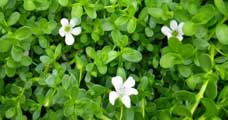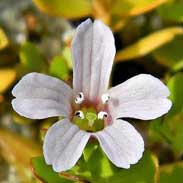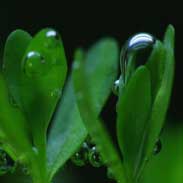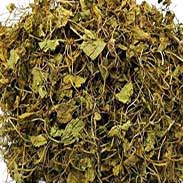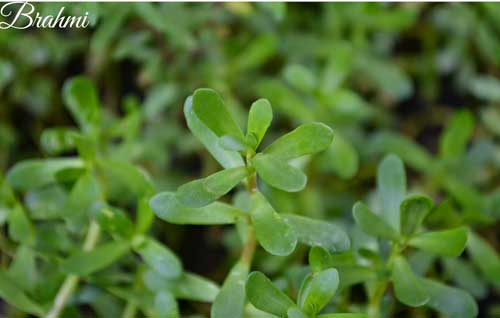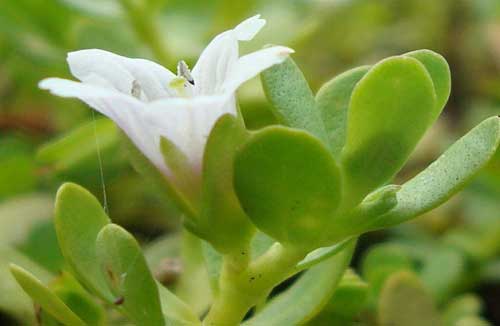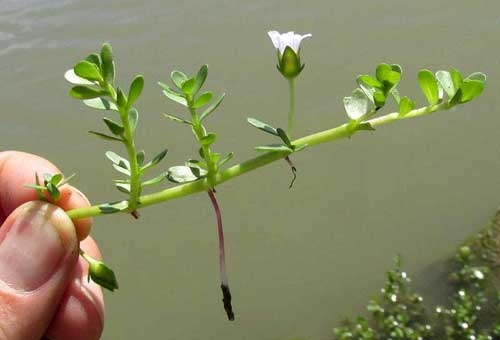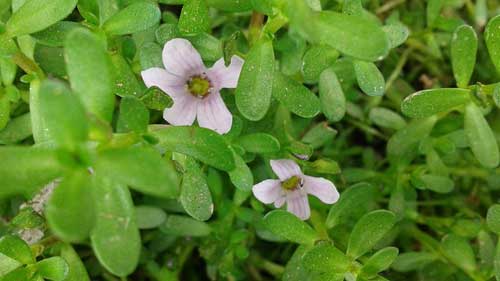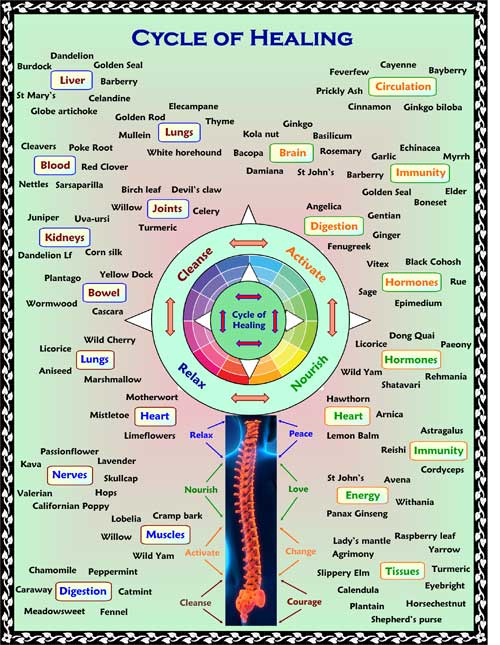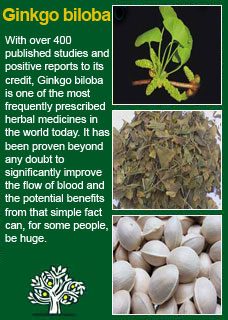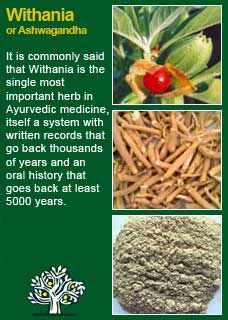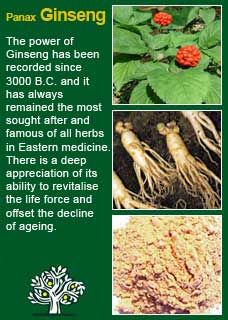
|
|
||||
| Our Pages ABOUT CONSTITUTIONAL MEDICINE
|
In herbal medicine we use the small, succulent leaves of this long-lived perennial plant that is native to India and Sri Lanka and creeps by growing along the ground and especially thrives around or in water and is usually found in tropical or semi-tropical wetlands.
Bacopa is extremely highly regarded in the great tradition of Indian medicine called Ayurveda. Here is where it gets its common name 'Brahmi' meaning it is a herb that is seen to carry the virtue of Brahma, the Creator (a further comment on the name Brahmi is found under the personal experience section). Bacopa has been particularly valued for its ability to help impart a long life and to improve mental health in terms of enhancing memory, concentration and cognitive function. It is widely used in Ayurveda to relieve anxiety, promote mental clarity, improve thyroid health and to slow the progression of Alzheimer's disease. Bacopa is also much used to to help children with attention deficit hyperactivity disorder (ADHD). Other traditional uses include being used for asthma, epilepsy, cancer, low back pain, sexual dysfunction and numerous digestive issues. Renowned American herbalist, David Winston, writes of Bacopa "I frequently use Bacopa for patients recovering from head trauma injuries (along with St John's wort, Ginkgo & Holy Basil), in one remarkable case from many years ago, I had an opportunity to use a formula like this with great success. A friend's wife came down with bacterial meningitis. Luckily, they caught it early enough. She was rushed to the hospital and given intravenous antibiotics. Her life was saved, and she was discharged from the hospital but she still had severe cognitive problems. Her ability to hear, see, speak, and smell all were seriously impaired. She was unable to hold a conversation, work, or read; even food had a strange taste. Her doctors had done all they could and advised that these troubling symptoms would hopefully resolve after six to twelve months. I was asked to help at this point and recommended the herbs. In two weeks, she reported significant improvements and after a month on this formula, she stated that she was 'back to normal and maybe even better than that!'. This case, although remarkable in its quick and total success, is not all that unusual and shows how herbs can offer significant benefits for many 'untreatable conditions' (from the book 'Adaptogens' by Winston & Maines).
~ Clinical research showed that taking Bacopa extract daily for 12 weeks improved measures of verbal learning, memory, and information processing in healthy men and women (Stough C, Lloyd J, Clarke J, et al. The chronic effects of an extract of Bacopa monniera (Brahmi) on cognitive function in healthy human subjects. Psychopharmacology 2001;156:481-4) and also (Roodenrys, S., Booth, D., Bulzomi, S., Phipps, A., Micallef, C., and Smoker, J. Chronic effects of Brahmi (Bacopa monnieri) on human memory. Neuropsychopharmacology 2002;27(2):279-281) ~ Another clinical trial showed that taking a different Bacopa extract for 12 weeks significantly improved measures of verbal learning, memory, and retention in healthy adults over 55 years of age (Morgan A, Stevens J. Does Bacopa monnieri improve memory performance in older persons? Results of a randomized, placebo-controlled, double-blind trial. J Altern Complement Med 2010;16:753-9) ~ Evidence suggests that taking Bacopa daily for 4 weeks may reduce nervousness, palpitations, insomnia, headache, lack of concentration, fatigue, anorexia, tremors, dyspepsia/flatulence, and irritability in patients with anxiety compared to baseline (Singh, R. H. and Singh, L. Studies on the Anti-Anxiety Effect of the Medhya Rasayana Drug, Brahmi (Bacopa monniera Wettst.) - Part I. Journal of Research in Ayurveda and Siddha 1980;1(1):133-148) In children, aged 6-8 years, taking one teaspoon of Bacopa extract three times daily for 3 months improved visual motor function and immediate memory compared to pre-treatment (Sharma, R, Chaturvedi, C, and Tewari, PV. Efficacy of Bacopa monniera in revitalizing intellectual functions in children. J Res Edu Ind Med 1987;1-12) ~ The principal constituents of B. monnieri are triterpene saponins of the dammarane class, which have been named bacosides and bacopasapponins, and which contain two or three sugars each. Pharmacological activity is attributed to the saponin bacoside and bacosaponin constituents ~ The authors, titles and the 'where-and-when' published of approximatley 40 further studies and articles on Bacopa are listed in a PDF found here
Bacopa is regarded as an extremely safe herb and is confidently given to children and the elderly. There are no adverse reports of toxicity from Bacopa in the medical literature and no reason to think it would be unsafe for pregnancy or breastfeeding. ~ Drug interactions - Bacopa seems to inhibit acetylcholinesterase and might increase acetylcholine levels. Therefore theoretically, concurrent use of Bacopa with other acetylcholinesterase (AChE) inhibitors might have additive effects and increase the risk of cholinergic side effects. AChE inhibitors and cholinergic drugs include bethanechol (Urecholine), donepezil (Aricept), echothiophate (Phospholine Iodide), edrophonium (Enlon, Reversol, Tensilon), neostigmine (Prostigmin), physostigmine (Antilirium), pyridostigmine (Mestinon, Regonol), succinylcholine (Anectine, Quelicin), and tacrine (Cognex) ~ Likewise, and only theoretically, concurrent use of anticholinergic drugs and Bacopa might decrease the effectiveness of Bacopa or the anticholinergic agent. Some anticholinergic drugs include atropine, benztropine (Cogentin), biperiden (Akineton), procyclidine (Kemadrin), and trihexyphenidyl (Artane).
For some years now, against this proven and safe way of herbalism, there has been a rising tide of excessive caution and scare-mongering in many parts of the world. The same authorities that, not so long ago, decried herbal medicines as ineffectual, have now taken up a different adversarial position; that they are dangerous substances that should only be prescribed by Doctors, who of course have zero training in them. Unfortunately, the same unnecessary fear and worry has crept into many natural health websites and popular publications on herbs. Herbs that we have safely used for thousands of years, that have no reports of adverse reactions in the medical literature despite widespread use by millions of people, are suddenly described as contraindicated because of something that should have been seen as completely unimportant, or at the utmost a merely theoretical concern, such as a laboratory study on one of the herb's constituents to use an all too common example. I wonder sometimes if the writers of such articles feel that the herb will be more deserving of respect if it is thought to be a little bit dangerous, in other words more like a drug than something that has simply come out of the earth and been used by ordinary people for generations beyond count. There is just so much misinformation about herbal medicine on the internet now. Ludicrous claims and cautions abound in equal measure; it seems like one group are trying to make money out of the public whilst the other are busily trying to scare them off. I have to believe that the kind of reader who takes the time to read pages on herbs that are as extensive as this one is much less likely to be swayed by marketers or misinformers. I hope that you will keep your wits about you if you get conflicting opinions from people who have never really got to know these herbs, who have never worked with them, or learned how to use them safely and effectively. I want to remind you that the reason that herbs can never be patented and owned by any individual or corporation is because they are, and always will be, the People's medicine. They belong to all of us and it is my great hope in sharing this work that you will learn how to use them wisely for yourself, and the people you care for. Be safe, but do not be afraid.
Most people who come to see me have some kind of chronic health problem that is not getting better by itself. In many cases, once we have achieved a satisfactory result, then that is more or less the end of the process. They only come back to see me if they need to and can stop their treatment as soon as they feel ready to. I encourage them to think of the herbs that have helped them to be their allies and, that if their troubles or symptoms return, that they can easily go back to using them on an 'as-needed' basis. This is a completely different mindset from the pharmaceutical model, which appears to want nothing more than to get people hooked onto drugs that they can't stop without either a) getting a return of symptoms that the drugs were suppressing or, b) running the gauntlet of the fear they now have from their GP's dire predictions of what might happen if they 'go off' their meds!' This said, there are occasions when a person is looking to make a deeper improvement in their health and, particularly as they may be suffering from nothing more than the rigours of the aging process, are interested in how they can best look after their mental health in particular. In such cases there are several herbs that stand out for their ability to nourish the vitality of the mind and the nerves and Bacopa is certainly one of the most outstanding of them. I am personally quite sure that, if a person uses it in sufficient dose and for long enough, that it can bring a palpable benefit to cognitive function. If I have a patient for whom their memory or concentration is clearly a concern, perhaps because people close to them have made comments, or they themselves feel that they are not doing as well as they should be, I will give a good therapeutic dose of Bacopa (e.g. at least 5 or 6 mls of the extract, or 2 capsules a day that give the equivalent of 6 grams Bacopa standardised to 20% Bacosides) usually along with Ginkgo biloba, and advise that they keep using it for quite a few months. At the same time, we will usually undertake some kind of brain-gym, which could be anything that suits the person, e.g. playing computer games, learning a new skill, reading more, whatever they are most likely to be glad to take up and keep going. Follow-up visits in such cases always seem to bring a positive report. They say that people close to them have been commenting on how much brighter they seem and the patient themselves always seems to be happy with the results. Perhaps, after a certain age, we need to earn something that we have been given as a gift in our earlier life. In such cases, I have no way of knowing how much their improvement is from the Bacopa, let alone other herbs we may be using, or how much their applying themselves to getting their brains 'fitter' should be getting the credit for the improvement. It really doesn't seem to matter. The clinical trials, mentioned above, clearly show that Bacopa does has a positive effect on the mind even when nothing else is being done and the subject doesn't know if they have the herb or the placebo. We know the herbs will at least be a part of their getting better and that is enough to know. Usually, the patient eventually feels that they are at a more satisfactory level or can't make any further improvements and will be ready to stop this treatment too. If they then later feel, or start getting feedback, that their cognitive function is declining again then they can easily get back into the treatment program if they want to. Each of us, in our unique journey of life, get to choose what we put into our mouths, we even get to choose, if we realise this great freedom, a lot of what we put into our brains. Good food (and Bacopa is clearly a kind of food for the brain) and exercise are a large part of what makes our health, both physical and mental.
'Brahmi' is basically one of the main words for 'God' in Hindu culture. So giving a medicinal herb such a name is obviously high praise indeed. However, I understand that there has long been an amicable argument over whether Bacopa is the true 'Brahmi' or if it should be Gotu Kola, also commonly known as Brahmi that deserves this august title! Both herbs are widely used for improving general health, long life and mental powers, amongst a plethora of other more physical applications. I don't think anyone can categorically say which is the one and only Brahmi, perhaps they both are. For what it is worth, I personally far prefer the action and relative ease of compliance with Bacopa compared to Gotu Kola, a herb I no longer use in liquid or tea form because it was too often too unpalatable for too many people...
Much of the information here about the traditional uses of Bacopa is consistent with the model of thinking whereby one may treat problem A with herb B. There is value in this approach in how it helps us pass on useful knowledge to one another but where it falls short is that people are not all cut from the same cloth! Bacopa might work brilliantly for one person but less well for another with the same sort of symptoms -- why is this? Part of the reason is that people vary in their constitutions as to whether they are either hotter or cooler and, at the same time, either dryer or damper. This useful and rather fascinating subject is introduced further here Another big part of using the right herb when it is most needed comes from understanding the need to treat what is going wrong for the person that had led up to their getting a health condition. In this light, Bacopa can particularly offer its benefits when an activating action is needed in the 'cycle of healing' - more about this here
Please understand that I cannot advise you, including on products or dosage, without seeing you in person in my clinic but for ideas
on how you might find a good herbalist in your area read here |
|
|
© 2011 R.J.Whelan Ltd
